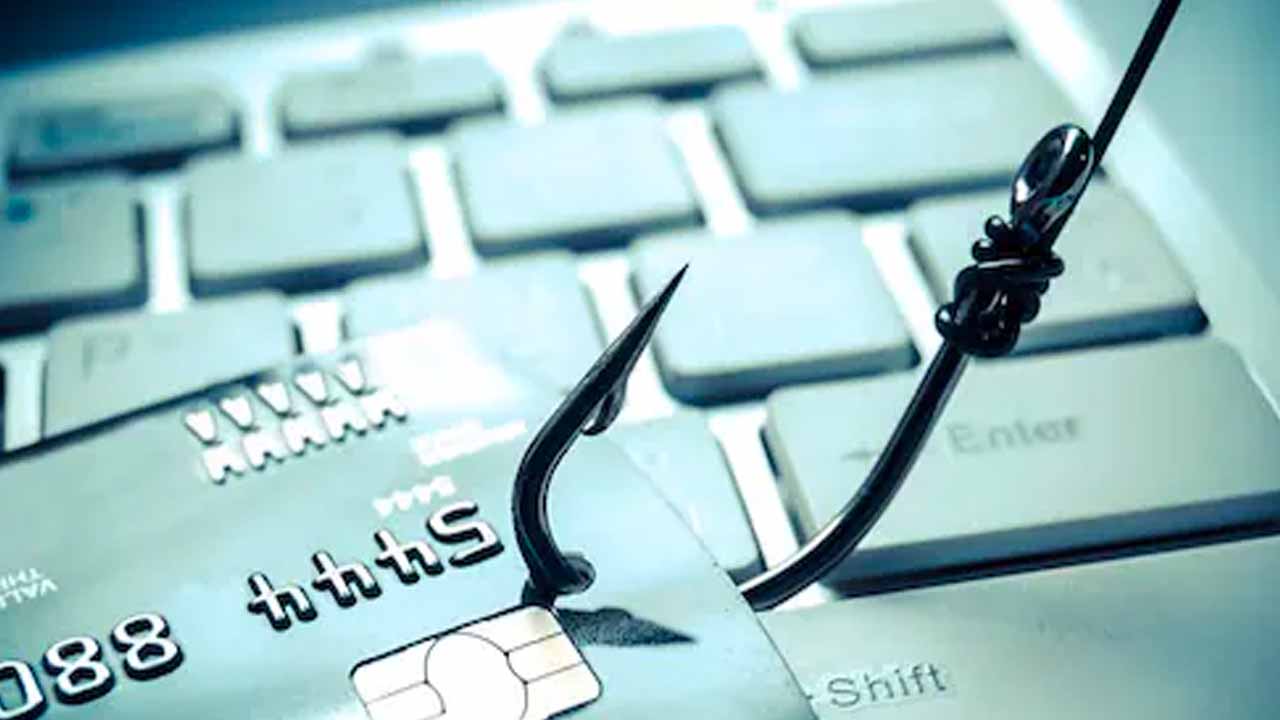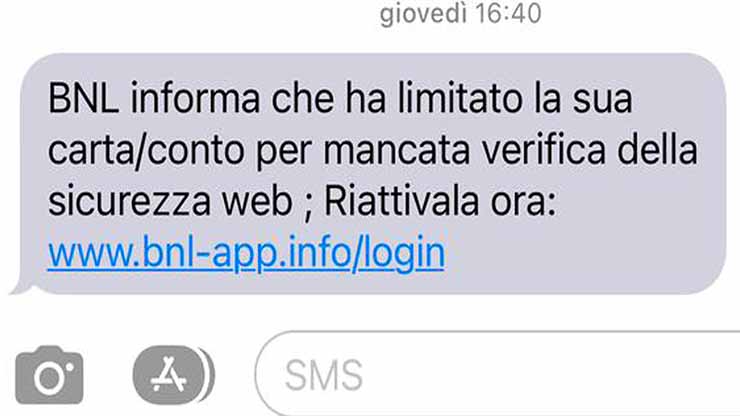
We have often spoken willingly to you about how the Internet, though an excellent diffusion tool in all respects and more, can also turn out to be the downside of the coin, hiding the dark sides of some unpleasant things.
This is the case for online scams, known as “phishing“, which for about ten years has been affecting thousands (if not millions, in the worst case) of users around the world, mocking their devices with which they connect to the Internet.
In this case, hackers use emails, links, and other similar means, in order to gain access to the sensitive data of the poor unfortunate person on duty, and steal sensitive information, such as personal data, as well as (in the worst case scenario) your bank account or credit/debit card details.
As far as the Italian panorama is concerned, one of the companies keeping a close eye on phishing is undoubtedly Intesa Sanpaolo, which is having a really bad time from this point of view, and represents for all intents and purposes one of the main targets of hackers who go about hitting their customers.
What exactly happened? Dozens and dozens of customers of BNL and Intesa Sanpaolo have reported receiving suspicious messages via email or SMS, which would announce an alleged change in the functionality of the Home Banking application, although there is clearly nothing real behind it.
Reconstruction of events
The offensive message will contain a link in its last part, which for all intents and purposes is the bait for all users unaccustomed to this type of communication, thanks to which hackers will be able to extrapolate sensitive data and personal information accurately.
The email will also indicate Execution DSP2 services (based on the new European legislation currently in force) and requesting confirmation of the customer’s identity, indicating the respective link to complete the procedure for all effects.

Obviously, our advice in this regard is to never click on external links of this kind, as they are often threats to a person’s sensitive data in all respects, and willingly. At this point we just have to wait for more updates in the coming months, confident that these attempts at online scams by malicious hackers will stop forever, leaving the users of this and many similar banks in peace.





Leave a Reply